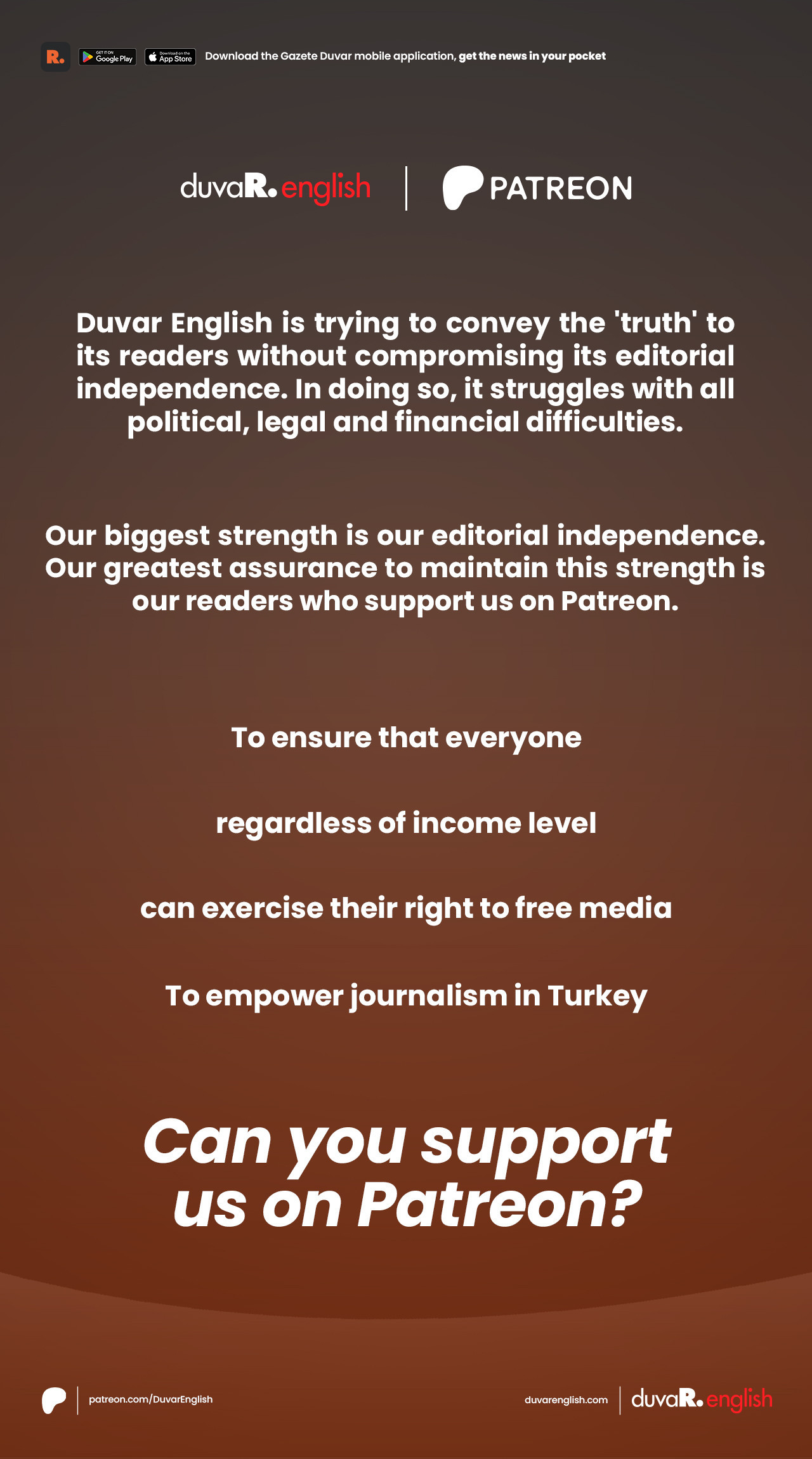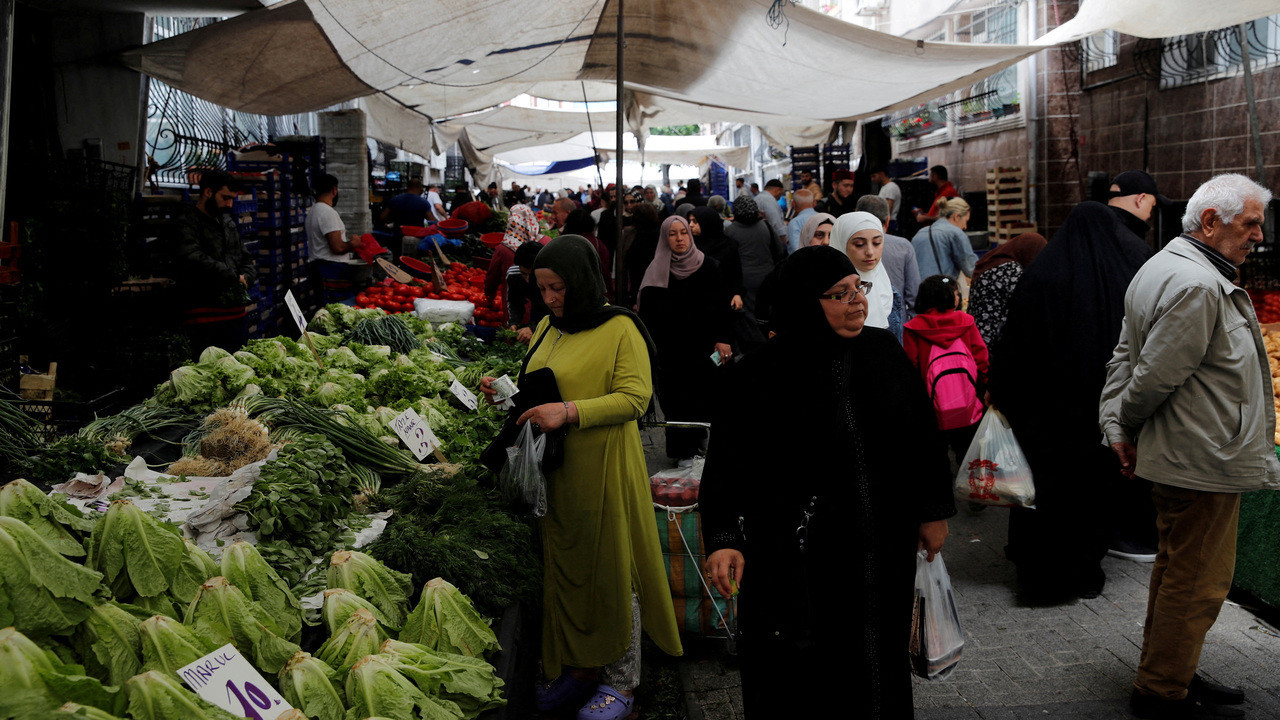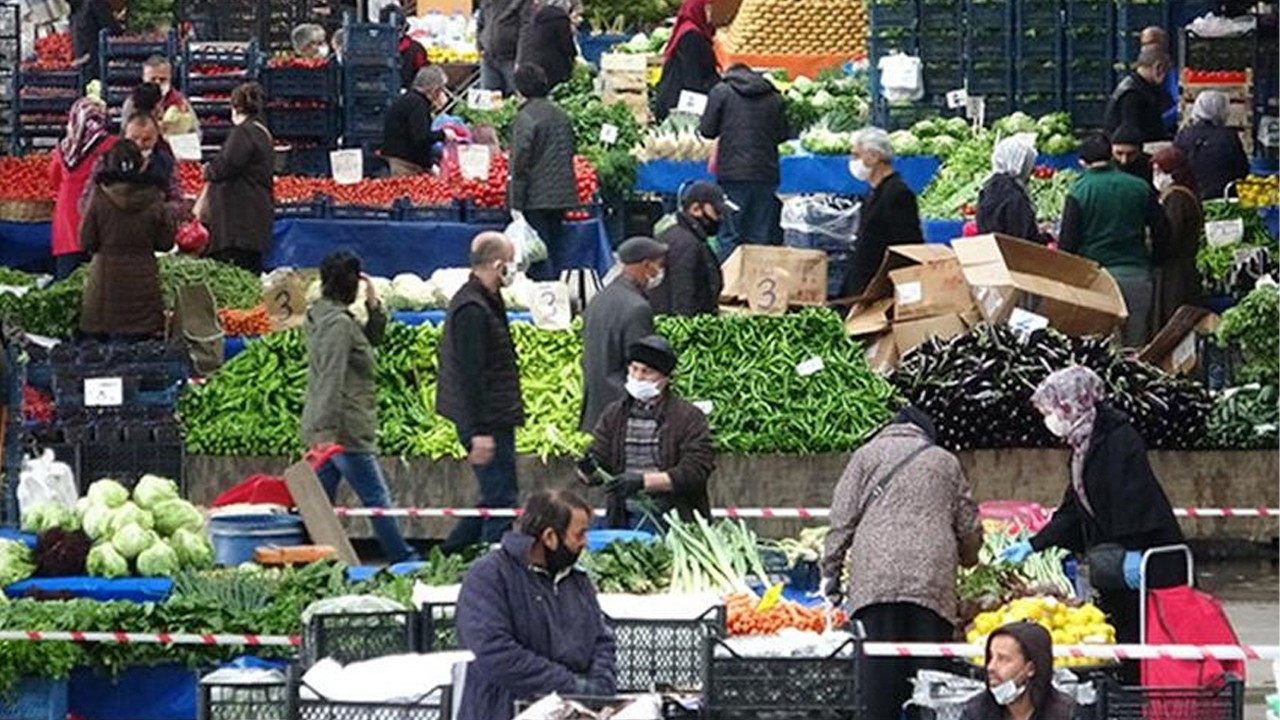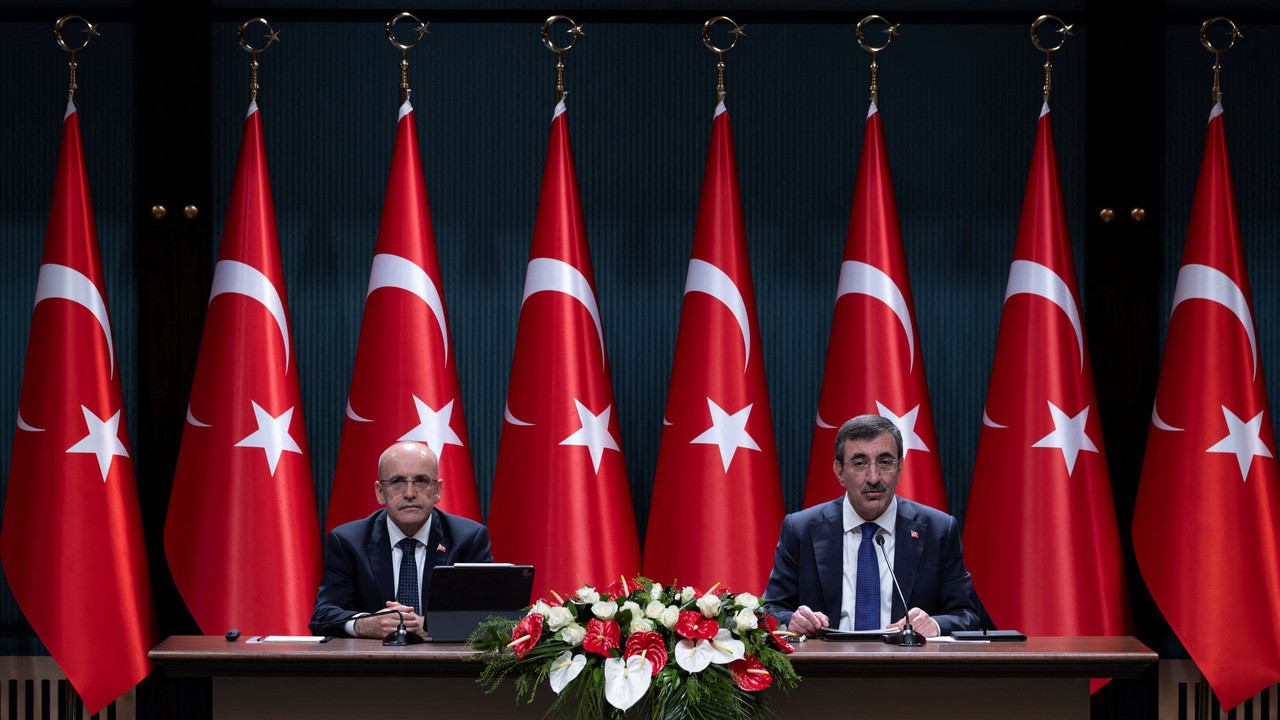University students in Turkey work summer jobs to get by amid inflation
As Turkey's universities go on summer vacation in June, many students transition into summer jobs to make ends meet. Students find governmental loans and stipends unlivable amid the soaring inflation.
Berkay Çolak / Gazete Duvar
Universities in Turkey finished the education year in June, and over two million students took a summer break from their studies. However, many students need to work during the summer. Some of them expressed their frustration with the cost of life and the insufficient government loans and stipends to Gazete Duvar.
Burak Ağırbaş, a third-year sociology student, said he would work in a warehouse and emphasized that he wouldn’t be able to get by without working. He came to the capital province of Ankara as a student and worked part-time as a waiter during his first year.
“I used to work as a seasonal worker with my family during high school. When I got into university, my family told me they couldn’t support me financially. I’ve been working since I first came to Ankara,” Ağırbaş said.
Ağırbaş highlighted the unfairness of his situation and continued, “While my family struggles to meet their own needs, I couldn’t expect financial support from them. I have no choice. It’s truly unfair that some of our classmates can take vacations while we have to work.”
Ulaş Taşkın, an economics student, said he would work as a motorcycle courier over the summer. He explained that he received a 2,000 lira (62 dollars) loan from the Credit and Dormitories Institution (KYK) and a scholarship from a private institution. With the loan and scholarship, he paid his rent and covered his living expenses.
“The total of my loan and scholarship barely helps me get by during the school year, and losing my scholarship over the summer will make things even harder financially,” Taşkın said.
Taşkın pointed out that KYK loans were very low and said, “The main reason we have to work is that the KYK loan is much lower than the minimum wage. Sadly, the state provides such limited support to students.”
For 2024, the KYK increased loan and scholarship amounts to 2,000 lira for undergraduate students, 4,000 lira for master’s students, and 6,000 lira for doctoral students in an effort to "match" the inflation rate.
Zerda Karaca, a health services student said she would have to both work and intern during the summer. “I live with my family, and my father’s single income is not enough to meet our household needs. I contribute to the family’s economy with part of my earnings.”
During the semester, Karaca worked five days a week while going to school, which was very exhausting. “Spending the summer interning and working means I won’t have any time to rest,” Karaca said.
Furkan Serdar Özer, a conservation and restoration student, worked as a barista and would continue working in the summer. He said the reason he needed to work was the high rents.
“If I don’t work, I can’t even afford a tea or coffee outside. I’m so focused on getting through today that I can’t think about the future because I’m constantly working.”
He said that the high cost of living was the only reason he had to work so much because the income did not cover his expenses. “Unfortunately, a student from any family that’s not well-off or above middle-income can’t study without working in this country,” Özer said.
Buse Aydın, an economics student, said she would look for work in hotels and cafes during the summer. She drew attention to the difficulties faced by young people, saying, “I also have to return to my family and look for work in the summer. In the current economic crisis, I can’t even meet my basic needs.”
Aydın added that she felt anger towards authorities when witnessing the inequality between her classmates who could go on vacation.
“I hope those who force us to work instead of doing internships, supporting our education, or reading books in the summer realize what they have failed to do,” concluded Aydın.
(English version by Ayşenaz Toptaş)


 Turkish Finance Minister praises record inflation at 75 pct, expects 'disinflation' to startEconomy
Turkish Finance Minister praises record inflation at 75 pct, expects 'disinflation' to startEconomy Daily price of balanced, healthy diet reaches 600 liras in TurkeyEconomy
Daily price of balanced, healthy diet reaches 600 liras in TurkeyEconomy Turkish Finance Ministry announces comprehensive public savings measuresEconomy
Turkish Finance Ministry announces comprehensive public savings measuresEconomy